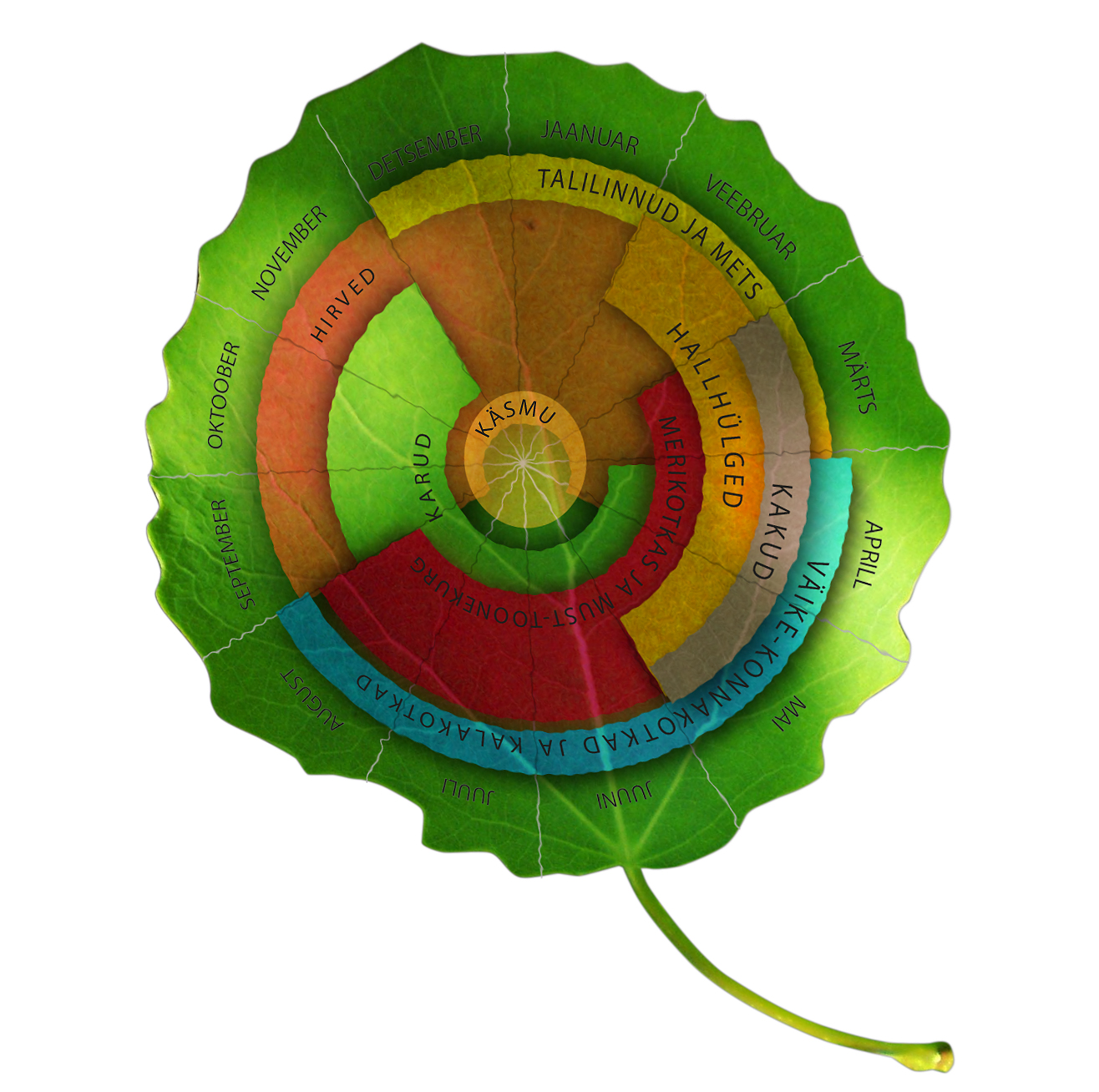Video recorded by AnSa, LK foorum
English translation Liis
Estonian text posted 22.03.2019
Water shrew Vesimutt or harilik vesimutt Neomys fodiens
The water shrew belongs to the shrew or Soricidae family, not to be confused with water voles. The water voles are up to twice as large as water shrews or even more, and so clearly bigger.
The water shrew in action in the video is about six centimetres long, to that comes roughly the same amount of tail length. The weight is around ten grams but you may meet specimens that are larger by half
Water shrews have a fur with short hairs that are black on the back with a white belly, and adapted to aquatic life.
Why does the little creature seem silvery when it is busy in the water? Its fur coat does not get wet and the silvery impression comes from the air bubbles in its coat. It floats on the water surface like a cork, but still manages to dive with the air in the fur - a peculiar adaption. It can be encountered in all kinds of water bodies, but avoids fast-flowing stretches. On the ground it behaves as any mole, digging tunnels in the banks of water bodies.
The water shrews mostly live solitarily, they are sedentary and active in darkness.
Water shrews have one more peculiarity – there are not many poisonous mammals. The water shrew paralyses larger prey with its toxic saliva..
It feeds on both aqueous and ground-living insects, snails, mussels; catches small fish as well as tadpoles in summer. To the trout spawning area it went in search of roe grains washed out of the spawning nests.
In order to keep alive it has to eat at least half its body weight in a day. Its life-length is probably slightly more than a year. The reproduction period starts in April and lasts until September. The new generation grows only after the first winter .
Such creatures too exist among our wildlife.


